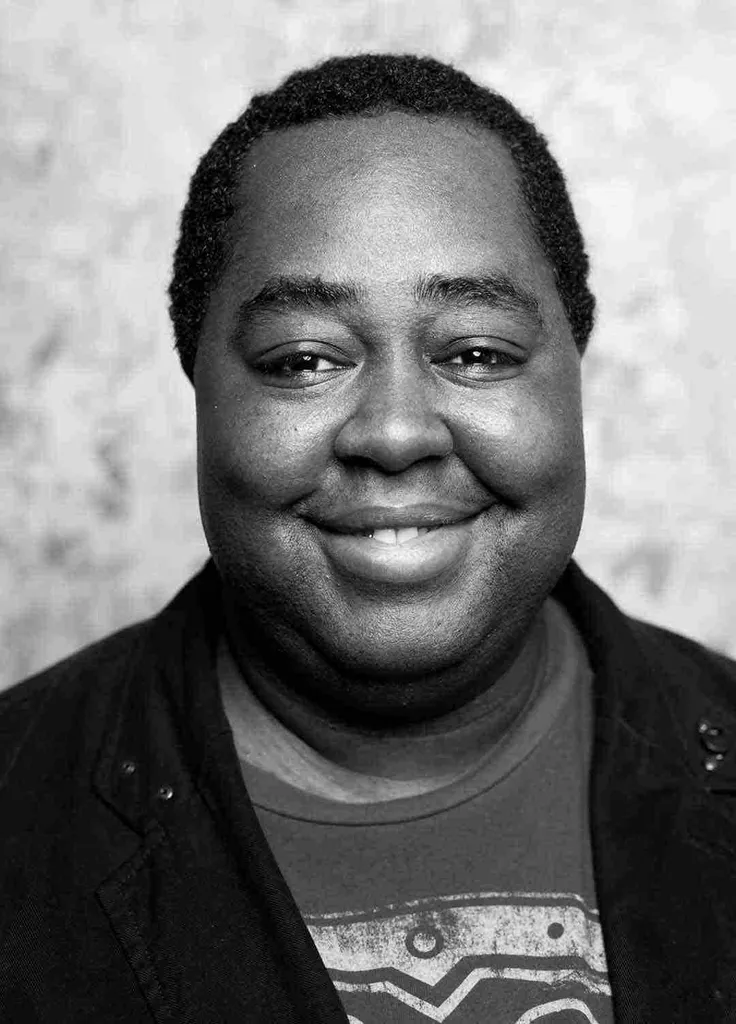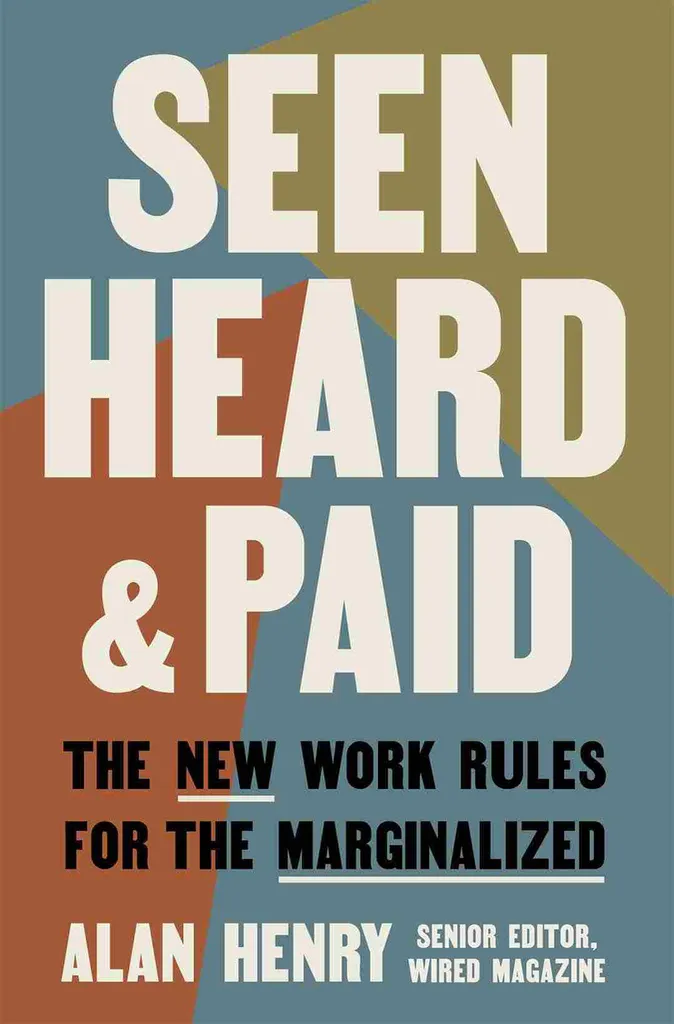- June 17, 2022
- By Sala Levin ’10
Alan Henry’s moment of clarity came in a conference room at The New York Times. He’d landed his dream job as an editor at the paper, and was meeting with one of the reporting teams to talk about an upcoming project. After Henry ’02 explained to his new colleagues who he was and what his job entailed, another coworker walked through the door and, by way of introduction, said that he was responsible for all the work Henry had just described—and claimed, falsely, to be Henry’s manager.

Henry ’02 thought: Even at a “liberal bastion” like The New York Times, he could not escape the microaggressions and outright disrespect that accompany being Black in the workplace.
“I could speak up on my own behalf or keep quiet,” Henry writes in his new book, “Seen, Heard, and Paid: The New Work Rules for the Marginalized.” “If I spoke up, I knew I’d come across as an aggressive, angry Black man in a room full of white men and women, some of whom had already proven to me that they weren’t particularly interested in my voice, opinions, work or experience, anyway.” Henry chose to say nothing.
In his book, out this month from Rodale Books, Henry, now a senior editor at Wired magazine, offers guidance, strategies and tips on getting seen, heard and paid—what he considers “three basic worker rights”—to marginalized people, from women to LGBTQ people to folks with disabilities.

“I realized that a lot of these tools that we tell people to use to be their best selves and get their best work done only work for certain people,” said Henry, who also helmed Gawker Media’s Lifehacker site that offers a variety of how-to guidance. “And that's when I said, ‘Okay, I've been through a lot. The whole point of service journalism is to take my own problems, solve them and then give those solutions to other people.’”
[How Your Coworkers’ Morals Can Help You Do the Right Thing]
The chapters in Henry’s book range from “Trust Your Experience” to “Set and Protect Your Boundaries.” A key piece of advice that echoes throughout the book is to find a community, whether through a professional organization like the National Association of Black Journalists or a less formal group that gets together for lunches or after-work drinks.
Henry knows firsthand what it’s like to feel out of place among a group. As an undergraduate studying astronomy and physics at the University of Maryland, “I was the only Black person in almost all of my classes, especially once we got to junior- and senior-level classes,” he said.
After college, Henry began working at UMD in the Office of Information Technology while freelancing as a technical writer. Eventually, he made the transition to tech journalism full-time.
In “Seen, Heard, and Paid,” Henry incorporates research, interviews and his own stories into his exploration of maneuvering the workplace as a marginalized person. “For members of minorities who want to navigate the corporate jungle, this book is an essential guide,” wrote Kirkus Reviews. “Readers who feel unseen at work, no matter their background or situation, will find powerful takeaways,” Booklist wrote.
The bottom line for marginalized people in the workplace, said Henry, is whether they feel what he called “psychological safety.” “Do you feel comfortable speaking your actual mind to your colleagues or your manager?” he asked. “If you are experiencing a real issue at work and you know that you cannot talk to your manager about it and there's no one else … it’s time to go.”
Here are a few of Alan Henry’s “work rules”:
- Inclusion only works if everyone buys in. Don’t take it upon yourself alone to change a culture if management doesn’t appear to live by the values of inclusion and diversity that they express.
- Spend time only on work that gets you attention. Focus on big-picture projects first, then the day-to-day minutiae. Get as much face time as you can with your manager.
- Office housework will never get you ahead. Don’t become the person who organizes calendars, orders lunch for group meetings or keeps the supply closet stocked–unless that is expressly your job.
- Figure out your unique contribution. Develop a skill that sets you apart from the rest of your team.
- Your job is not your friend. Nurture relationships outside of the office. Spend time on hobbies and activities that make you happy.
Henry offers more tips, news and commentary on being a marginalized person in the workforce through his e-newsletter, “Productivity, Without Privilege.”
Topics
People